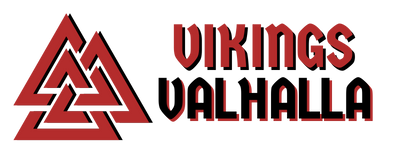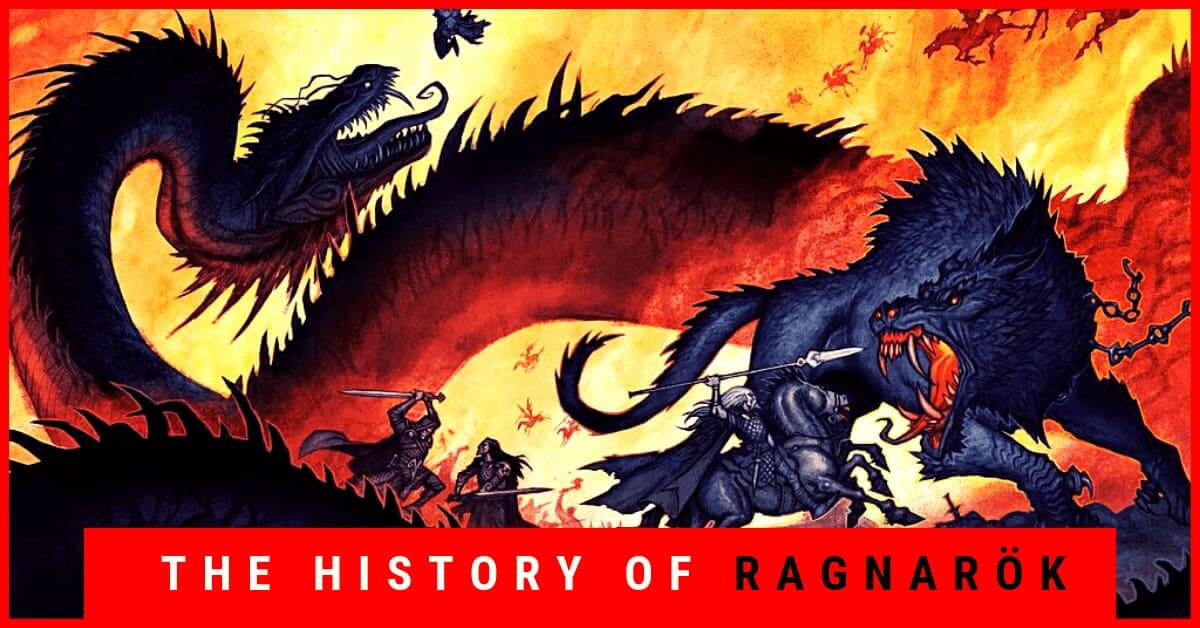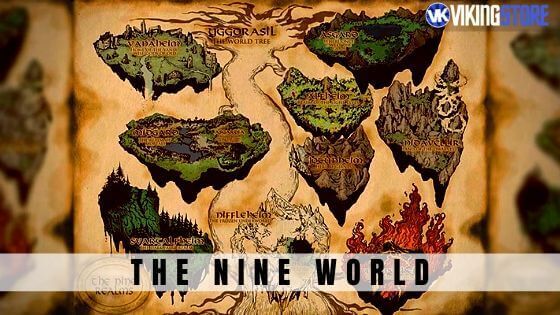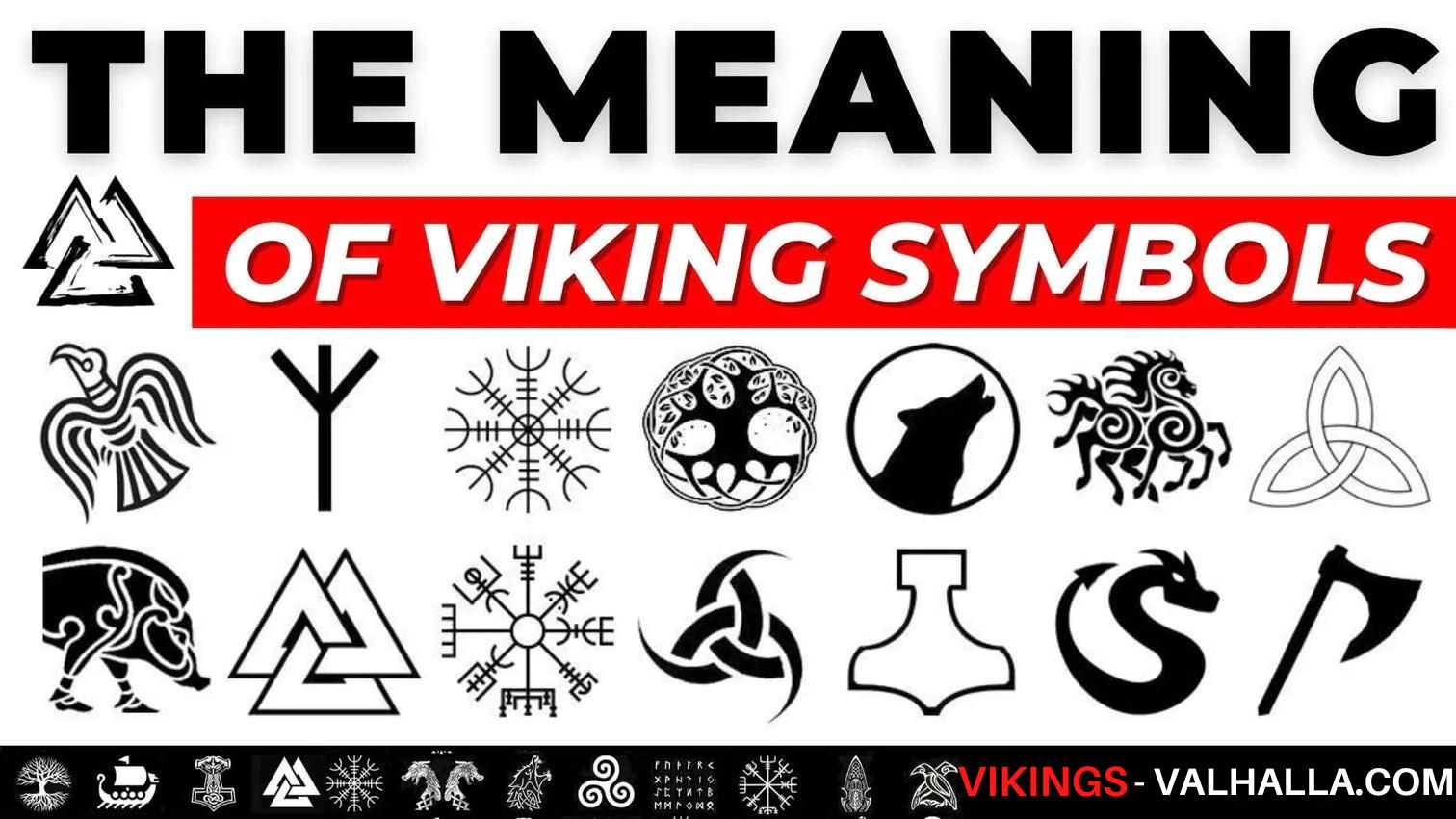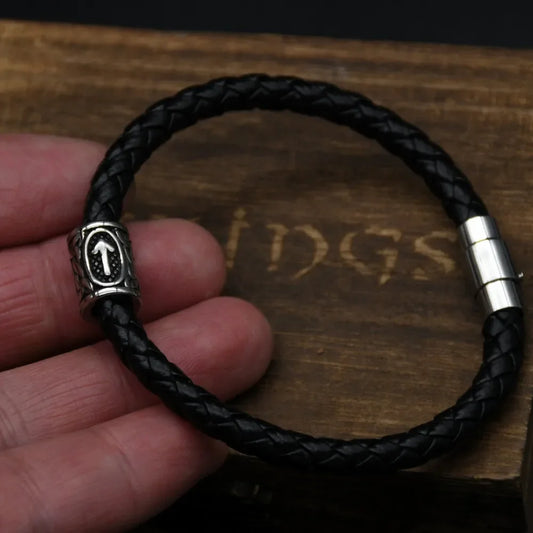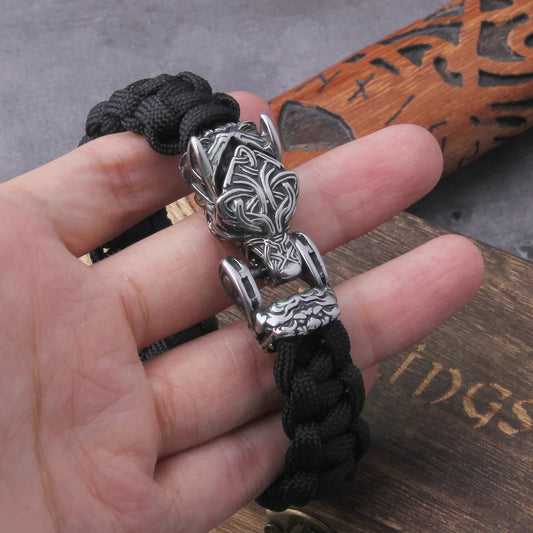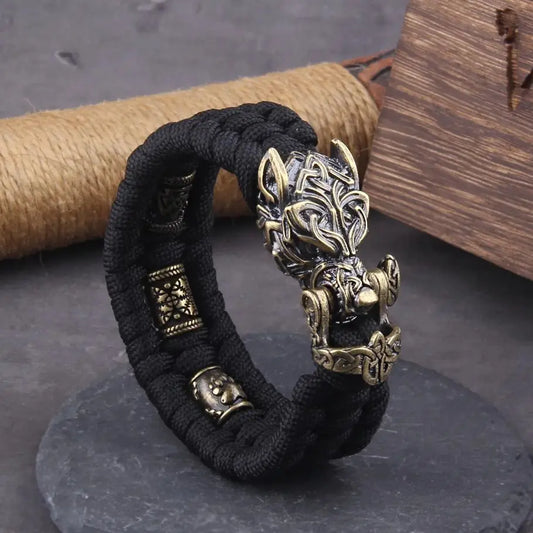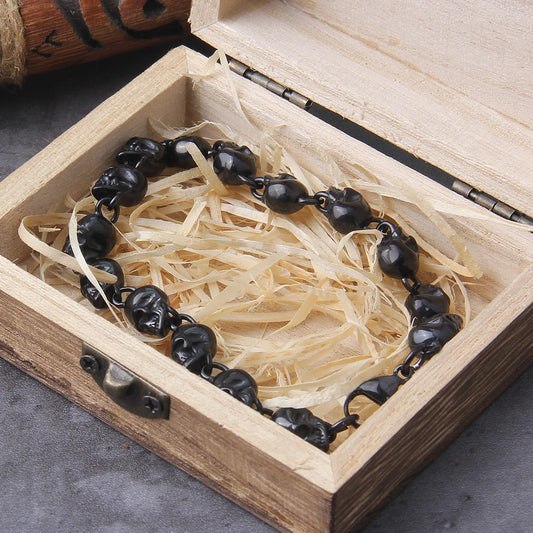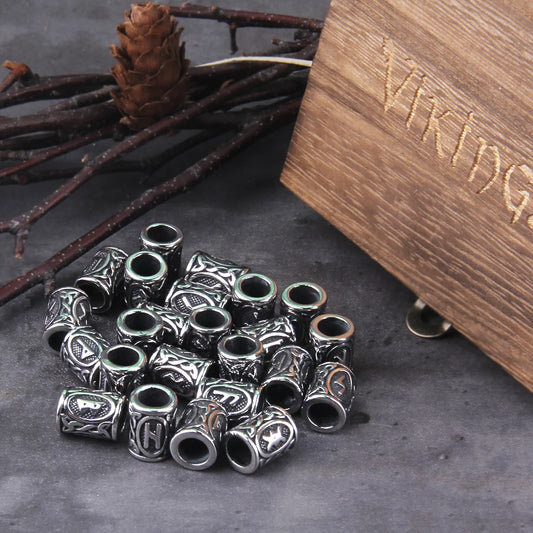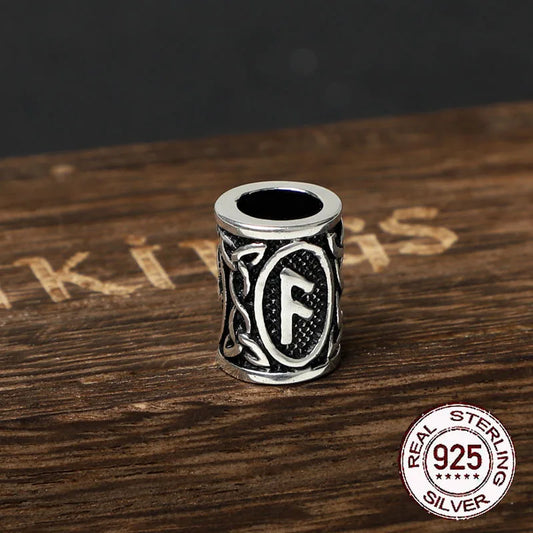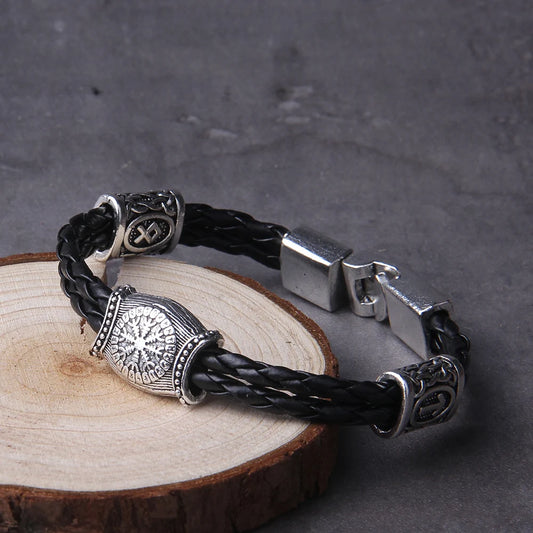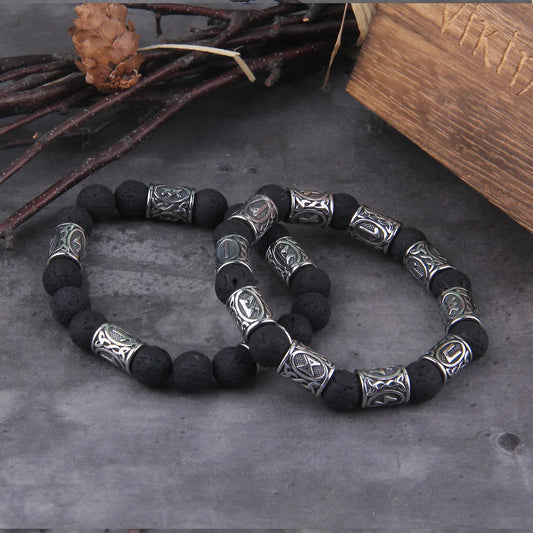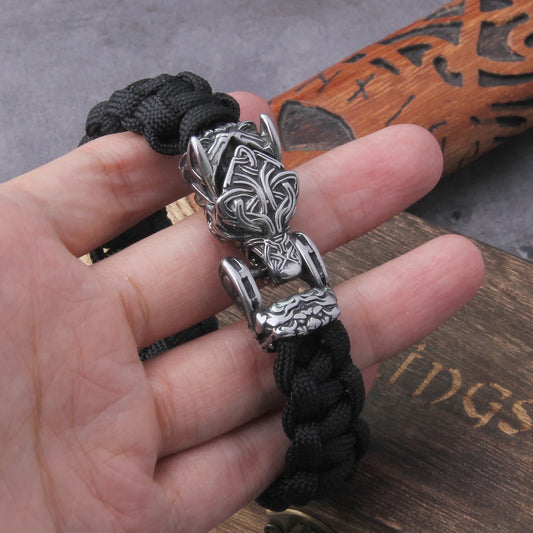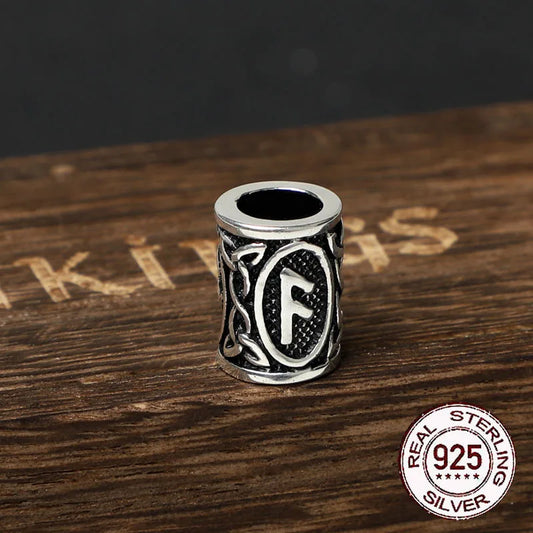The norns (Old Norse: norn, plural: nornir) are dísir (plural of "dís", a female spirit) of Norse mythology. Three of them are the main ones, known by the names Urðr (or Urd, "what has happened", fate), Verðandi (or Verdandi, "what happens now") and Skuld ("what should happen, or is necessary to happen").
Skuld could also be seen fulfilling the role of Valkyrie. According to the Eddas there are also many other minor nornir associated with particular individuals.
It should be noted that some authors consider that the material in the Eddas does not characterize the nornir as exclusively responsible for different periods of time.
On the contrary, the material suggests that they are all associated with destiny and that the past, present, and future are intertwined in such a way that they cannot be separated by the three main nornir.
Meaning of the Norns
The Norns live under the roots of the ash tree Yggdrasil, the world tree at the center of the cosmos, where they weave the tapestries of destinies and water the ash tree with the water and clay from the well of Urd so that it does not lose its greenery or rot. The life of each person is a thread on their loom, and the length of each string is the length of that person's life.
Thus, everything is preordained in the Norse religion: even the gods have their own tapestries, although the Norns do not let them see them. This clear subjugation of the gods to a power outside their control and the implication that they, too, will have an end someday are transcendent themes in the literature surrounding Norse mythology.
The three Norns who control fate exist on an old and deep mythic level, though probably not as old as the art of spinning and weaving itself. The counterpart of the Norns among the Greeks were the moiras, known to the Romans as reapers.
